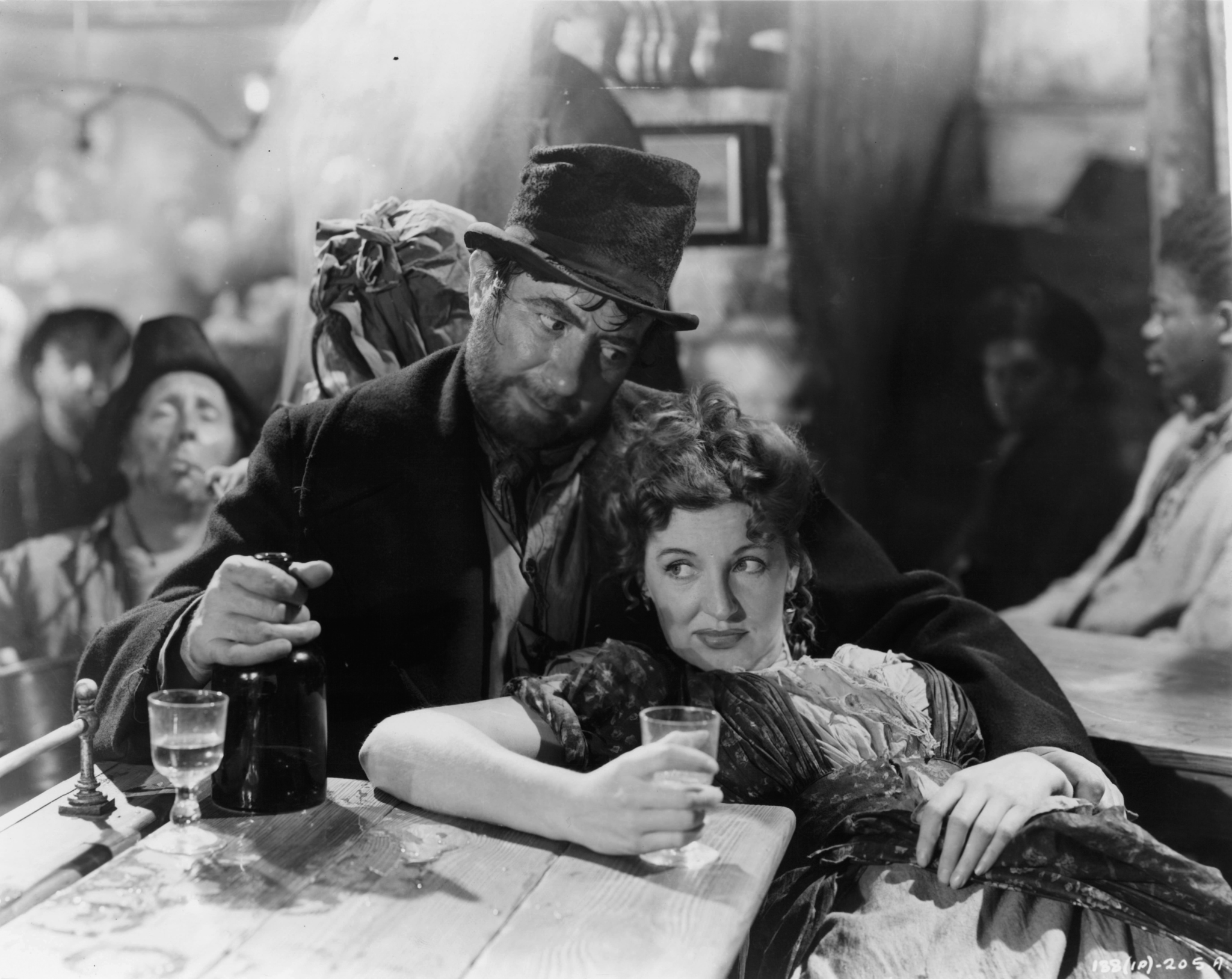
10 Interesting Facts and Figures About Oliver Twist (1948)
David Lean’s adaptation of Charles Dickens’ classic novel Oliver Twist has been a cornerstone of British cinema since its release in 1948. This film not only brought to life the story of a young orphan navigating the harsh realities of Victorian England but also showcased Lean’s directorial prowess. Here are ten fascinating facts and figures about this iconic film.
1. A Notable Director
David Lean, known for his epic storytelling, directed Oliver Twist after gaining recognition for Great Expectations (1946). This film solidified his reputation as a master filmmaker in British cinema.
2. The Adaptation Process
The screenplay for Oliver Twist was co-written by David Lean and his frequent collaborator, Ronald Neame. They took significant liberties with the source material, focusing on key characters and themes to bring the story to the big screen effectively.
3. Iconic Performance
John Howard Davies played the role of Oliver Twist, and his performance is often cited as a remarkable portrayal of innocence and vulnerability, making him memorable in the eyes of audiences.
4. A Star-Studded Cast
The film featured a stellar cast, including Alec Guinness as Fagin, Robert Newton as Bill Sikes, and Kay Walsh as Nancy. Guinness’s portrayal of Fagin is especially noteworthy, earning him critical acclaim.
5. Filming Locations
Oliver Twist was filmed predominantly at Pinewood Studios in Buckinghamshire, England. The sets were meticulously crafted to evoke the grim atmosphere of Dickensian London.
6. Cinematography
The film’s cinematography, handled by Guy Green, received praise for its ability to create a dark and moody ambiance, which was essential for conveying the film’s themes of poverty and despair.
7. Accolades and Recognition
Upon its release, Oliver Twist was nominated for an Academy Award for Best Art Direction. This acknowledgment highlighted the film’s impressive visual style and attention to detail in production design.
8. Cultural Impact
Oliver Twist has had a lasting impact on popular culture, inspiring numerous adaptations in various forms of media, including stage productions, television series, and animated films, showcasing the timelessness of Dickens’ narrative.
9. Music and Score
The film’s score, composed by Malcolm Arnold, contributed significantly to its emotional resonance. The music underscores the film’s pivotal moments, enhancing the storytelling experience for viewers.
10. Legacy of the Film
Oliver Twist remains one of the most influential adaptations of Dickens’ work. Its portrayal of social issues and the plight of the poor continues to resonate with audiences, reflecting the enduring relevance of its themes.
Conclusion
David Lean’s Oliver Twist (1948) stands as a remarkable achievement in British cinema, intertwining powerful performances, masterful direction, and a hauntingly beautiful score. Its exploration of human resilience and social injustice remains pertinent today, ensuring its place as a classic in film history. Whether you are revisiting this timeless tale or experiencing it for the first time, the film offers a poignant reminder of the struggles and triumphs of the human spirit.
Discover more from Anglotees
Subscribe to get the latest posts sent to your email.
